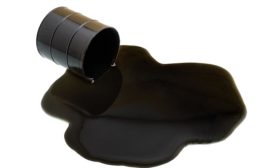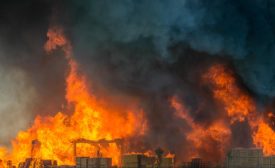Environmental Health and Safety
Employee safety discipline ain’t what it used to be
The focus is on “what failed?” not “who failed?”
November 12, 2018
New fibers & yarns, advanced knitting patterns improve hand protection
A cut above
November 4, 2018
A Spill drill action plan
Engage your responders to maximize speed & containment
November 4, 2018
Part 2 of 2
Process safety management - the business case
Evaluate three critical aspects of your operation
November 4, 2018
How to produce and market a successful safety culture
Creating good vibrations
November 4, 2018
Prevent explosions that can occur in dust collectors
Catastrophic consequences
November 4, 2018
Become a Leader in Safety Culture
Build your knowledge with ISHN, covering key safety, health and industrial hygiene news, products, and trends.
JOIN TODAYCopyright ©2025. All Rights Reserved BNP Media.
Design, CMS, Hosting & Web Development :: ePublishing












